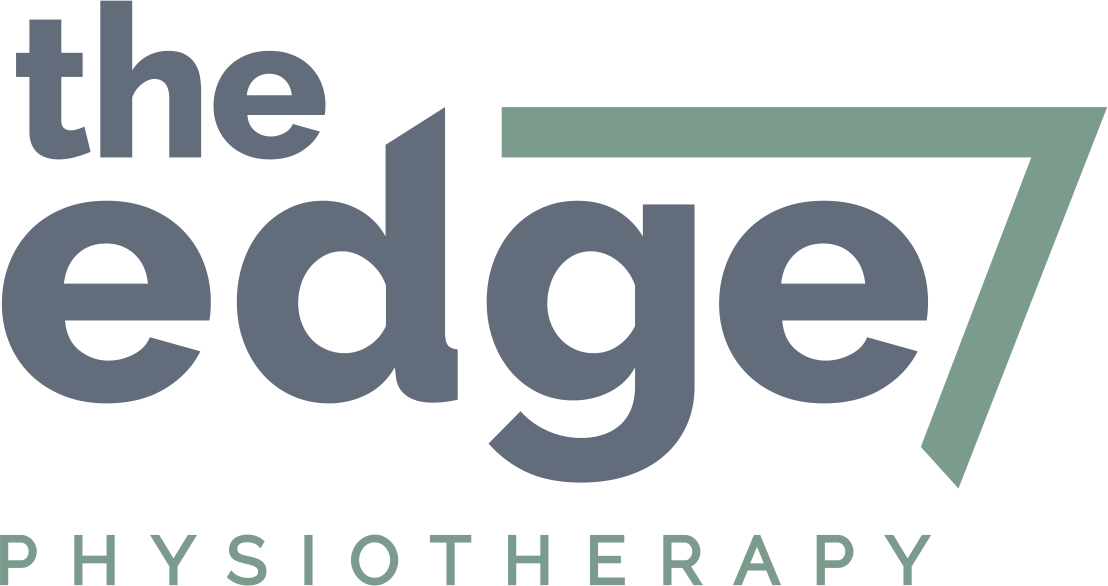Pre-Pointe and Pointe Assessments, why bother?
So there you are, you’ve gotten to the stage where your teacher has recommended you start pointe work. Now what? get the shoes, do some pre-pointe classes maybe, and get going. Here is where things get a bit tricky, I have had students see me for pointe conditioning prior and during pointe work commencement. Some have been referred by their teachers, some because their parents want them seen prior by a physio and others have self-referred. But why bother? this is an obvious question, why should I bother to screen a student before pointe work, why should you bother to send your child or student to see a physio? or maybe you are a student yourself? Why bother, it costs money, it’s a hassle (in terms of time and we’re all time poor), my teacher may not like it, or my friends may think poorly of me for needing help, maybe you think your students or the parents of your students will be discouraged by the process and that it will reflect poorly on you. Or maybe you don’t need any help? There are many different arguments out there and it all depends on who you’re talking to. But let me say this, in all my years of being a physio, not one parent has ever been unhappy with me for being careful with their child’s health, never.
As a physio it’s hard not to be bias, it’s my job to manage injuries but also to help prevent them. In my opinion, preventative healthcare is the way forward when it comes to healthcare in general. Rather than reacting to situations, injuries, conditions when they get bad, we start to consider is there a better way to respond. Hence, screening assessments are all about preventive health and it’s a great tool for dance studios and professionals to use.
Ever since I became a physio I have seen the benefits of pointe screening assessments, students love the process of learning more about their bodies, they become more engaged in their sport and it is a useful means of getting students more involved in being mindful of their bodies and what they are asking it to do. I’ve never had a student that hated the process, if anything I have students who start considering being a dance physio after it all!. The guidelines for assessment when I see a student are based on those provided by The International Association for Dance Medicine and Science. As a dance physio, this is the peak body I am part of apart from the Australian Physiotherapy Association. I have provided a link here if you’d like to learn more about them. I look at a number of things including a students core stability, lower limb alignment, strength of the feet and ankles, turnout, flexibility especially of pointe range, and trunk control. In addition, I take into account the students history, how long they have trained for especially in classical ballet, how many hours they train for a week and skeletal development.
I have decided for the coming weeks in my blog I am going to address different issues surrounding pointe work eg. why you shouldn’t start too early. But for now the point of doing these assessments are to prevent injury and maximise engagement in the sport. How are these bad things? they aren’t.
For now, if you are on pointe or are considering pointe have a think about your intentions surrounding it. Do you want to be successful and do you want to respond rather than react when it comes to your health?
Sam

